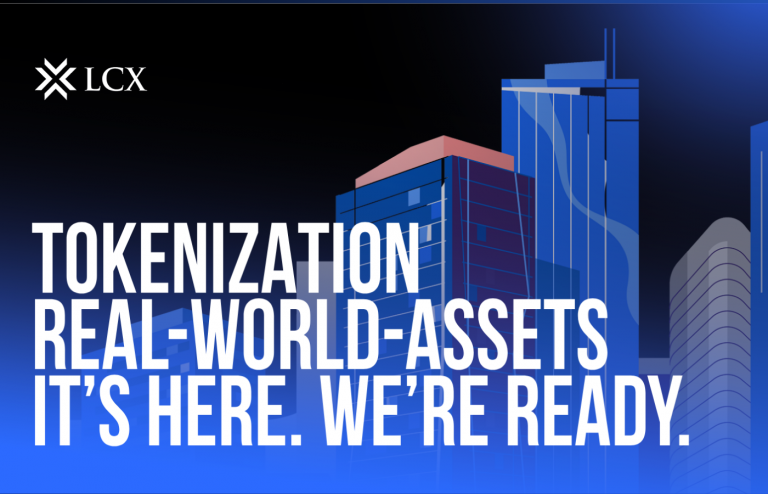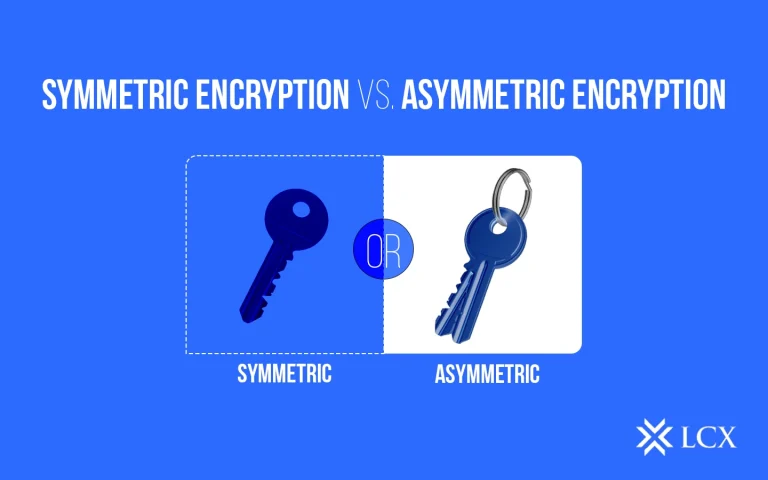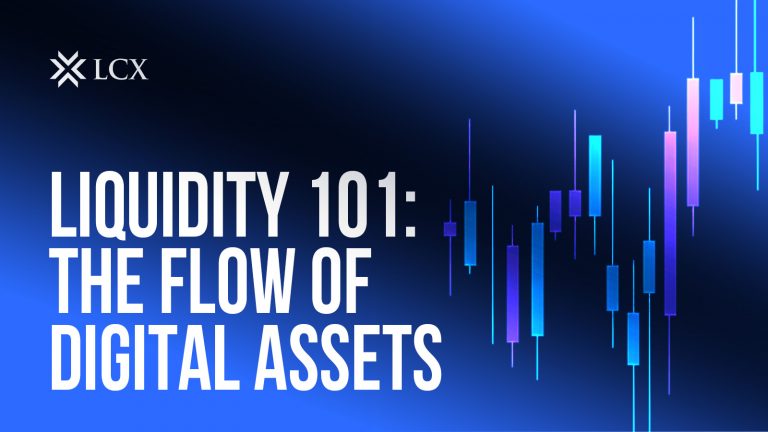The crypto industry and the traditional financial world could not have been more worlds apart. Bitcoin is intended to empower individual financial freedom — the ability to take charge over one’s finance without the need for third-party intermediation, either from banks, other financial institutions or governments. While this may appeal to retail investors as the future of finance, the sentiment of institutional investors betrays the limits of the Bitcoin promise.
Empowerment of individual financial freedom comes with great responsibilities and potential risks that institutional investors would rather avoid. One of these risks is self-custody, which already led to having as many Bitcoins lost as there are still left to mine.
There is a reason why institutional organizations operate in a trusted environment with counterparty utilities and services and government supervision. To go beyond regulatory oversight is to invite unnecessary risks.
This article surveys the regulatory approaches imposed and suggested by different countries, and unfortunately shows a regulatory landscape that is fragmented, uncertain, and far from well-defined. It has hard to tell whether there are jurisdictions that provide clear legal frameworks
Regulations in the United States
Crypto regulations in the U.S. can be described as confusing, at best. This is highlighted by the fact that different asset classes are regulated by different government agencies, and until now, there is still no consensus on how to definitively classify the new crypto asset class (even the assignment of a specific regulatory agency), much less on how to regulate it with any degree of clarity.
The Commodity Futures Trading Commission (CFTC) designated Bitcoin as a commodity in 2015, but that did not mark the end of calls to classify it as a security. To this day, there is still no official, agency-level statement on this from the Securities and Exchange Commission (SEC), although SEC Chairman Jay Clayton thinks cryptocurrencies like Bitcoin are not securities, but many ICOs may be. This has been seconded by another high ranking SEC official, saying that being decentralized is the defining factor to not be classified as a security.
There is also the muddled situation where individual states in the U.S. have come up with their own regulatory framework, which are often inconsistent with those at the federal level — the best example of this may be when New York started issuing their BitLicenses.
New York may have actually gotten it right. At least, service providers and institutions in the region have clear guidelines for engaging in crypto finance. To try to fit a new asset class in the mold of the existing ones is like trying to fit a square peg in a round hole. This, sadly, is what the rest of the U.S. seems to be so intent and focused on doing.
Regulations in Asia
Crypto regulations in China and South Korea provide even less certainty for institutional capital than those in the United States. Even as these two countries continue to support the development and application of distributed ledger technology (DLT), their policies on crypto trading has swiftly shifted to harsh actions, including bans and raids. Binance made an informed strategic move by moving out of these jurisdictions based on what were then still rumours, packed up, and migrated just about a week before the China ban. It’s unlikely that the current leading cryptocurrency exchange would have been able to achieve their user base and popularity, or even continue operating of they would have stayed.
Things are more welcoming in Japan. April last year, the country formally recognized cryptocurrencies as legal tender (which they call “virtual currencies”) under the Payments Services Act, becoming the first country to do so. However, with Mt. Gox still fresh in their memory, Japanese regulators did not take kindly to the Coincheck hack, and the Financial Services Agency (FSA) was swift to take matters into their own hands and penalized many in the Japanese crypto ecosystem, with many companies needing to suspend operations or close shop altogether as a result. Although Japan regulation is very strict, some major players grew their business over time. The crypto exchange Quione (Liquid.com) became the leading market player in Japan, while beeing fully compliant.
These kind of mostly unpredictable and unannounced actions by authorities that lead to organization haves to close is one of the key forces that compels financial institutions to keep crypto at arm’s length.
Regulations in Europe
The United Kingdom and Germany are far from reaching any concrete coherent strategy on how to deal with cryptocurrencies regulatory-wise, though the outlook is generally negative with lawmakers in both countries pushing for greater control over the “Wild West” world of crypto finance, while arguing for more action other than to “bumble along issuing feeble warnings to investors.” Aside from these warnings, their governments are, for the most part, still at an exploratory stage with regards to crypto regulation, with Germany’s financial watchdog, BaFin, still even needing to painstakingly check the legal classification of tokens one by one.
Switzerland, home to the “Crypto Valley” — meant to be crypto’s Silicon Valley, has long been a sweetheart for blockchain entrepreneurs. This was until FINMA, the country’s financial market regulator, published its ICO guidelines in February, which, to everyone’s surprise, include AML provisions that could make banks liable for the actions of ICO issuers based in the country. This has driven the banking sector to withhold banking services to DLT start-ups.
While regulatory unclarity continues to keep institutional investors on the sidelines in most parts of the world, some European countries and jurisdictions are leading the way towards establishing a robust legal framework through active legislation, making it increasingly attrative for these parties to dip their toes in the blockchain industry.
France, though it started out as negative on cryptocurrency as Germany and the U.K., has warmed up to the asset class recently — first, by classifying it as “movable property,” which greatly reduces how much crypto is taxed, followed by a favorable Ministry of Economy and Finance report, and the drafting of a new legislative framework governing ICOs.
Gibraltar, a British Overseas Territory, has updated its Financial Services (Investment and Fiduciary Services) Act with DLT regulations and has submitted proposals on how to treat crypto tokens. However, these crypto-friendly overtures to the financial system have met a little road bump when Gibraltar International Bank’s UK partner, the Royal Bank of Scotland, refused to process cryptocurrency-related transactions due to UK regulations.
Malta is also in the process of passing a similar crypto-specific legislation, though it may not be the regulatory panacea for blockchain companies and institutional investors it is currently touted to be.
The Switzerland and Gibraltar examples show how regulation needs to go beyond just issuing guidelines, and well into formulating actual structures for the traditional financial system to merge with the crypto ecosystem. Even with favorable crypto regulations, organizations and institutional investors are still severely restrained without the active support from the banking sector.
Regulations in Liechtenstein
The government of Liechtenstein has announced a plan to address the legal challenges for organizations in the blockchain industry and tackle regulatory uncertainty head-on with a ground-up legal framework.
Consulting with industry experts over the past years, officials have finally announced the content of the long-awaited “Blockchain Act,” which introduces a comprehensive framework for tokenized ecosystems that will be implemented early 2019.
The legislation goes beyond providing legal certainty and security without undue restrictions on innovation and entrepreneurship. It essentially outlines the financial infrastructure of the uphanding token economy that DLT will enable, in which technology and regulations combinedly allow every possible asset (e.g. movables, real estate, bonds, securities, etc.) to be tokenized, digitized, and thus listed on a Cryptoassets Exchange.
Couple this legislative innovation with a robust banking sector that has seen the principality become a major hub of European banking, and it gives credence to the growing recognition of Liechtenstein as a ‘crypto nation.’
Conclusion
There are clear signs that there is institutional interest in the blockchain and cryptocurrency space, indicating that institutional capital will become increasingly involved in the crypto economy given the right conditions. The advantages offered by DLT — liquid valuation of otherwise illiquid assets, 24/7/365, data integrity and triple-entry accounting, to name just a few — present too many possibilities, efficiencies and opportunities to ignore. The question now is: What will be the final trigger that will lead to institutional capital pouring into the crypto economy and in which jurisdictions.
To date, most countries have highly varied and often ambiguous regulatory approaches to DLT — some are embracing the opportunities, while others are trying to protect outdated structures. Truly crypto-friendly regulations require new legislations specifically addressing DLT technology, mere addenda to existing ones will not. Such a regulatory framework will offer both legal clarity and carefully-crafted apparatus and mechanisms for the crypto-based financial system of the future. It is heartening to see that there is at least one jurisdiction that understands this and works towards creating DLT-specific rules and regulations.
Institutional finance need not be sidelined for long.








